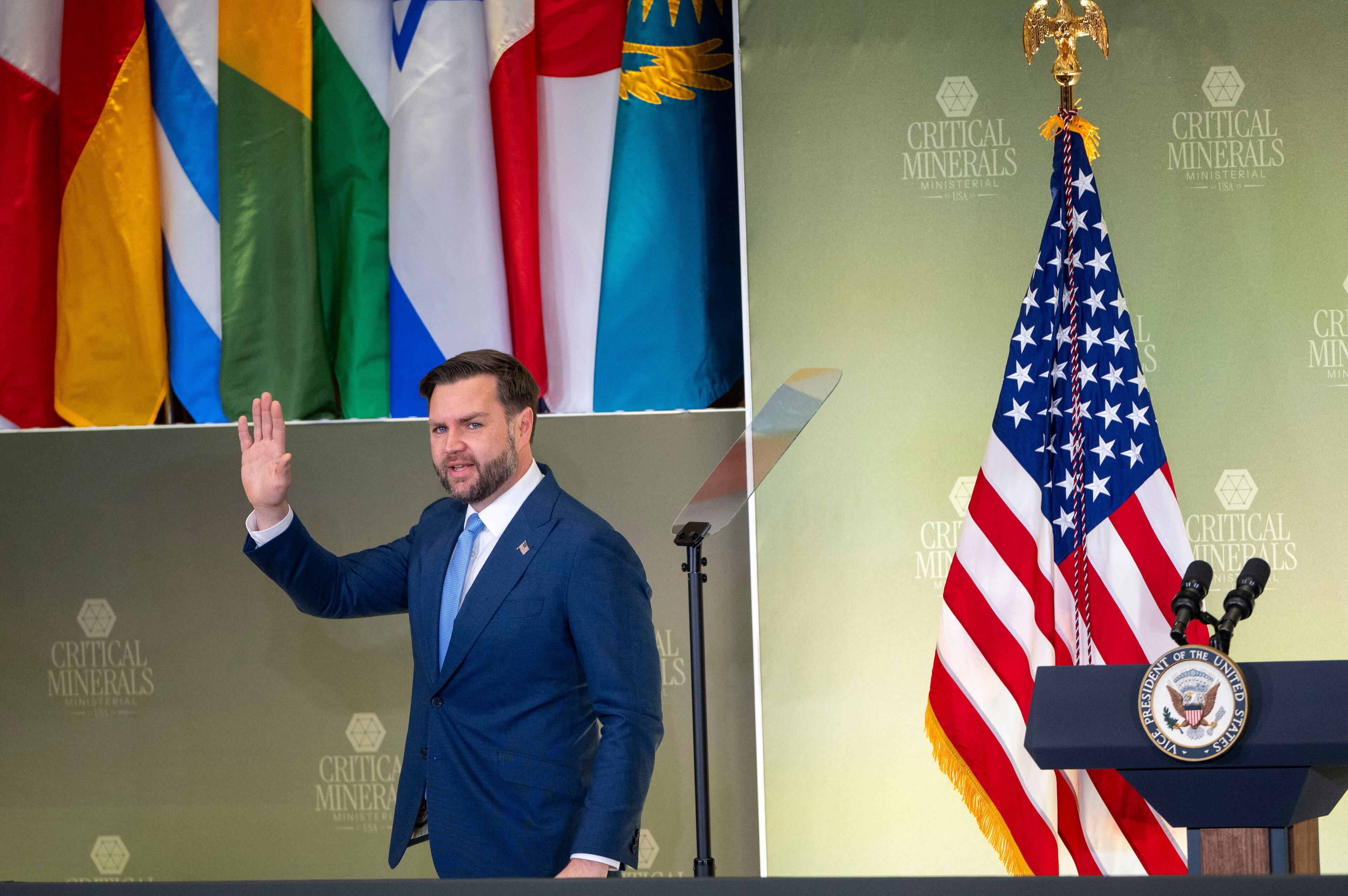How to make foreign aid great again

The United States has long understood that national security extends beyond military strength and domestic resilience. It also depends on strategic international engagement and support.
From my time serving the great state of Georgia in both the U.S. House and Senate, I learned time and again that Americans are not only the most generous people on Earth, but also the strongest.
And as chairman of the House Intelligence Subcommittee on Terrorism and Homeland Security after 9/11, and later as vice chairman of the Senate Select Committee on Intelligence, I witnessed firsthand the critical need for wise investments in foreign projects that strengthen national security, deter authoritarianism, support democracy and promote global stability.
However, the hard truth is that U.S. foreign investment has drifted from its original purpose. We have lost sight of the strategic rationale behind our decisions, allowing Washington bureaucrats to prioritize backroom deals and pet projects over the best interests of our nation.
We are now at a pivotal moment, and President Donald Trump has both the resolve and the power to stop sending American tax dollars to nations that openly chant “Death to America” in their streets. He has the chance to reshape history and usher in a new era of American strength and diplomacy.
True American greatness and global leadership require strong alliances. By strategically investing in vital programs, infrastructure and the prosperity of our friends, we enhance our global influence and ensure unwavering support in times of crisis.
If you think that a blanket freeze and cancellation of U.S. foreign aid doesn’t impact us here at home, you are gravely mistaken. In Georgia, our faith is at the heart of our lives, and those who have dedicated themselves to living out their faith by serving the most vulnerable have found themselves caught in the crossfire of recent decisions in Washington.
Mana, a church-supported nonprofit with a contract from USAID, is a key example. The organization initially lost its funding because of these program cuts, but it was fortunately reinstated after a reevaluation of its lifesaving work. Mana produces high-calorie, vitamin-fortified peanut butter for children suffering from severe malnutrition at its Fitzgerald production facility. Since 2010, the nonprofit has helped 8 million children in 45 countries. In addition, the vast majority of the peanuts sourced by Mana come from Georgia peanut farmers, so our state is a beneficiary of this program.
Mana is just one example of the countless American organizations providing “soft power” diplomacy around the world, representing our Western values and commitment to a safer, healthier and more prosperous world.
It is important to understand that foreign aid is not a handout — it is a powerful tool that strengthens national security, advances American interests and reinforces our leadership on the world stage. A robust network of allies isn’t just beneficial; it is essential to maintaining our dominance and safeguarding our future.
American foreign assistance strengthens U.S. leadership by bolstering alliances, stabilizing governments and countering authoritarian regimes. We’ve already seen the vacuum created when American leadership withdraws from the global stage.
When regions become more resilient, they are less vulnerable to manipulation by our adversaries like China and Russia, who aggressively use economic coercion to expand their influence. Diplomatic engagement and development assistance help prevent crises from escalating into conflicts that would otherwise require U.S. military intervention.
Foreign aid is also crucial in the fight against terrorism.
Programs targeting violent extremism, along with economic development initiatives in Central Asia and the Middle East, help dismantle the conditions that allow terrorist networks to thrive. Extremist groups prey on poverty, weak governance and instability to recruit followers and spread their ideology. By addressing these root causes, U.S. international assistance enhances national security while reducing the need for costly military action.
The reality is clear: if we fail to address instability abroad through strategic foreign aid, chaos will not stay where it is — it will inevitably reach our shores, threatening our security, way of life and cherished values.
President Trump, Secretary of State Marco Rubio and National Security Adviser Mike Waltz have a rare, once-in-a-lifetime opportunity to correct the misguided policies that have undermined the true mission of U.S. aid.
Together, they can restore its purpose and make it a powerful force for American greatness once again.

Saxby Chambliss served in the United States Senate for two terms and, before that, served four terms in the U.S. House of Representatives. Throughout his legislative career, he has been recognized numerous times by the public and private sectors for his work on agriculture, defense, budget and national security issues.



